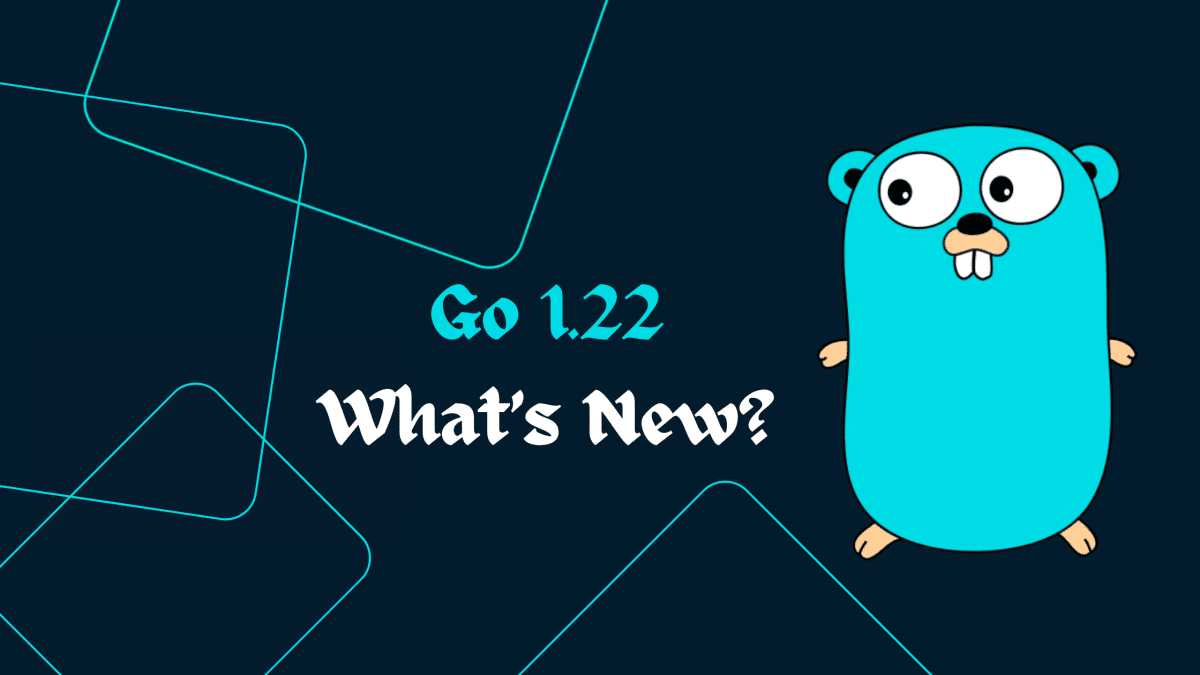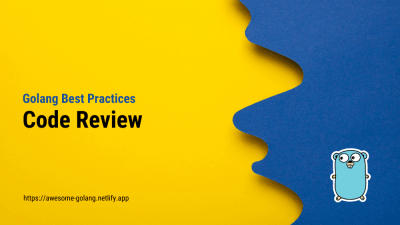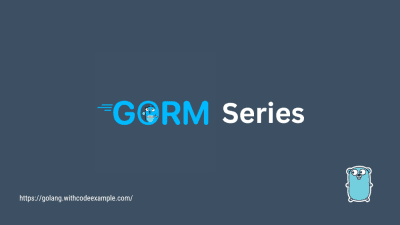Enhancing Go Programming: What's Inside Go 1.22?
- With Code Example
- January 21, 2024


As the Go programming language continues to evolve, the upcoming release, Go 1.22, promises a variety of new features, improvements, and changes. Expected to be released in February 2024, Go 1.22 introduces enhancements to the language, tools, runtime, compiler, and core libraries. Let’s delve into some of the significant changes and additions that developers can look forward to in this upcoming version.
Changes to the Language
1. “For” Loop Enhancements
In Go 1.22, there are two notable changes to “for” loops . Previously, variables declared within a “for” loop were created once and updated in each iteration. With the new version, each iteration creates new variables to prevent accidental sharing bugs. Additionally, “for” loops can now range over integers, offering more flexibility in loop constructs.
Example:
package main
import "fmt"
func main() {
for i := range 10 {
fmt.Println(10 - i)
}
fmt.Println("go1.22 has lift-off!")
}
2. Range-Over-Function Iterators (Preview)
Go 1.22 includes a preview of a language change involving range-over-function iterators. This feature can be enabled by building with GOEXPERIMENT=rangefunc.
Tools
1. Go Command
The Go command
introduces enhancements related to workspace dependencies. Workspaces can now use a vendor directory containing dependencies, and the go work vendor command creates and uses this directory. Notably, go get is no longer supported outside of a module in the legacy GOPATH mode.
2. Trace Tool
The trace tool’s web UI has been refreshed, resolving issues and improving readability. Traces produced by Go 1.22 or newer benefit from these improvements, with plans to extend them to traces from older versions in future releases.
3. Vet Tool
The vet tool brings new warnings, including:
- References to loop variables: Reflecting the changes in loop variable semantics.
- Warnings for missing values after
append. - Warnings for deferring
time.Sincecalls.
Runtime
1. Garbage Collection Metadata Optimization
Go 1.22 optimizes garbage collection metadata by keeping it closer to each heap object. This improves CPU performance by 1–3% and reduces memory overhead for most programs. However, it may impact programs relying on specific memory alignment, requiring adjustments.
2. Windows/AMD64 Enhancements
On the windows/amd64 port, programs can now use the SetUnhandledExceptionFilter Win32 function to catch exceptions not handled by the Go runtime, enhancing debugging capabilities.
Compiler
1. Profile-Guided Optimization (PGO) Improvements
PGO builds in Go 1.22 can devirtualize a higher proportion of calls, resulting in performance improvements of 2–14% for most programs. The compiler also introduces improved inlining heuristics for interface method calls.
2. New Inlining Phase (Preview)
A preview of an enhanced inlining phase is introduced with heuristics to boost inlinability at important call sites while discouraging inlining at less critical sites. Building with GOEXPERIMENT=newinliner enables this feature.
Linker
The linker’s -s and -w flags behave more consistently across all platforms, and additional features are introduced for ELF platforms and Windows.
Core Library
1. Math/Rand Version 2
Go 1.22 introduces the first “v2” package in the standard library: math/rand/v2. This version brings improvements, including a new global generator and faster algorithms.
2. Enhanced HTTP Routing Patterns
HTTP routing patterns in the net/http standard library become more expressive, supporting methods, wildcards, and improved handling of overlapping patterns.
Minor Changes to the Library
The core library undergoes various minor changes and updates in line with the Go 1 promise of compatibility. Additionally, performance improvements are made throughout.
Conclusion
Go 1.22 brings a host of exciting features and improvements to the language, tools, runtime, compiler, and core libraries. Developers can anticipate enhanced loop semantics, improved tooling, optimized garbage collection, and much more. With a focus on maintaining compatibility and performance, Go continues to evolve as a versatile and efficient programming language. Keep an eye out for the official release in February 2024, and explore the new possibilities offered by Go 1.22.
go 1.22 will release in February 2024.

Related Posts

Continuous Improvement and Code Reviews
In the fast-paced world of software development, staying ahead of the curve is paramount. One of the cornerstones of achieving excellence in software engineering is the practice of continuous improvement, and a crucial tool in this journey is the process of code reviews.

A Guide to CRUD Operations with GORM
In the database management, CRUD operations are the backbone of applications, enabling the creation, retrieval, updating, and deletion of data. GORM, the powerful Go Object-Relational Mapping library, makes these operations a breeze by abstracting away the complexities of SQL statements.



